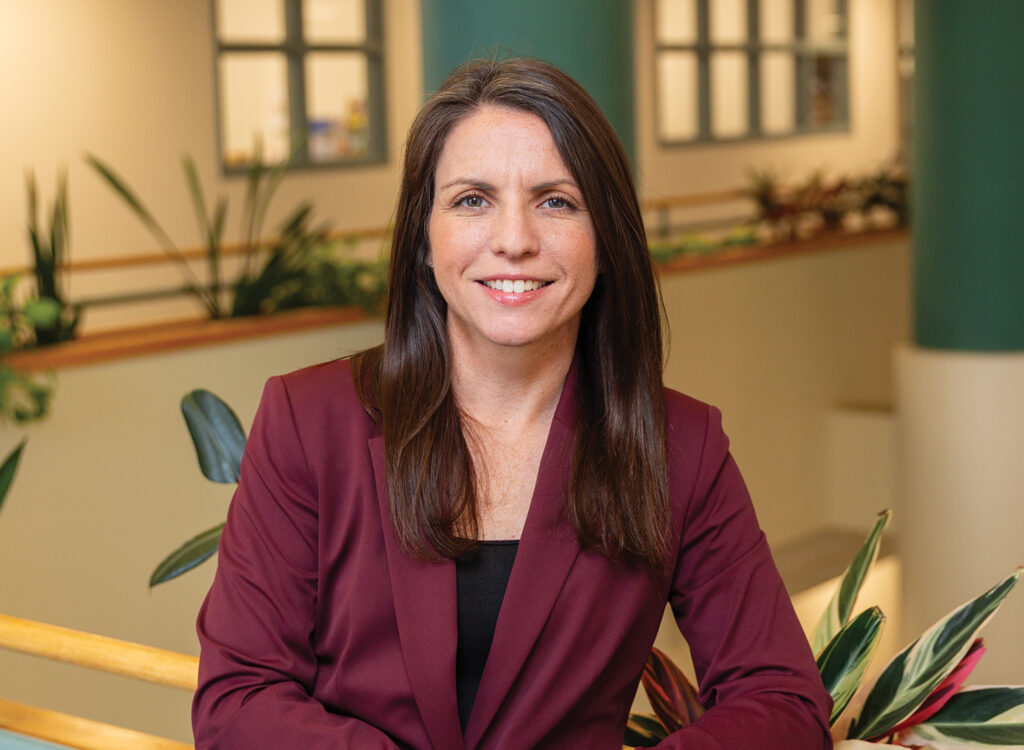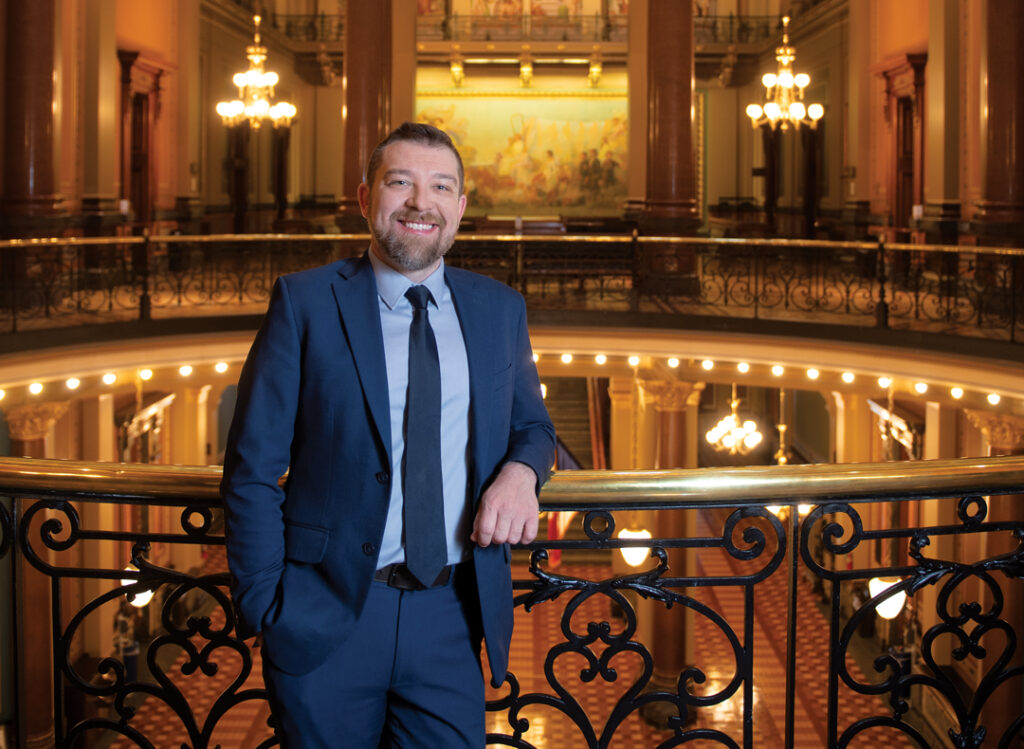A Closer Look: Jamie Xayavong
Fire chief, City of Pleasant Hill

KATHY A. BOLTEN Jul 10, 2019 | 3:37 pm
4 min read time
1,023 wordsBusiness Record Insider, Government Policy and LawFor years, Jamie Xayavong told her children that her ultimate goal as an emergency medical services professional was to deliver a baby.
“I told them that if I could do that, my career could end tomorrow,” Xayavong said. Her wish came true in March 2018.
“It was amazing,” she said.
Not long after Xayavong delivered the healthy baby girl, Pleasant Hill’s fire chief resigned and Xayavong was tapped to fill the job on an interim basis while city officials conducted a national search. The new responsibilities meant spending less time working in EMS as well as her job as a communication specialist with the Polk County Sheriff’s Office, a position she’d had for 17 years.
Xayavong, who was promoted to fire captain in 2015, said she originally hadn’t planned on applying to be the eastern Polk County suburb’s full-time chief but changed her mind after several months in the interim position.
On June 11, the Pleasant Hill City Council unanimously approved Xayavong’s appointment as fire chief. Xayavong, who has 13 years of experience with Pleasant Hill’s fire department, is the community’s first full-time female fire chief.
Just 3% of the 350,000 firefighters in the U.S. are women, according to Women in Fire, a Minnesota organization that promotes the inclusion of women in the profession. In addition, about 150 of nearly 30,000 U.S. fire departments have a female chief.
We talked with Xayavong about working in a male-dominated field and about her plans as Pleasant Hill’s fire chief.
What’s it like to be Greater Des Moines’ only female fire chief?
There are only 150 female fire chiefs in the nation right now. But the female population is growing in the fire service, so hopefully that will mean more women in leadership roles.
When I was interim chief, I began going to the monthly fire chiefs’ meeting. All of the departments had a lot of different things going on that I wasn’t up to date on. They got me up to date and were very open-armed. They offered to assist me in any way I needed. They looked at me as a colleague who they were helping through this interim period.
[At the June meeting] when I announced I’d been named fire chief, they all stood up and clapped. That told me right there that they were accepting. A majority of them sent me congratulatory emails that also had offers to help me whenever I needed it.
Women are being accepted in the fire service. Maybe my being the first full-time female fire chief in Pleasant Hill – and the metro area – will encourage other women to get into the profession.
Have you always aspired to be a fire chief?
No, but when I got into the role of the interim fire chief I realized that I liked it and that I had the ability to do it. So I started back to school to get my associate’s degree. I’m working on my bachelor’s degree right now.
My first big incident as interim chief was the floods of 2018. I was in St. Louis with my son, and I got a call from Clive – “Hey can we use your boats, your personnel to start rescuing people?”
I left St. Louis at midnight and got home about 5:30 a.m. just in time to start evacuating the trailer park [in Pleasant Hill]. That kind of flipped a switch in me about what the responsibilities of a fire chief are and that I could do the job. I let the city know I was interested in the job, and I was lucky enough that they offered it to me.
What was it like working your first house fire?
House fires – any fires, really – are scary. There are a lot of critical moments in a fire.
My first fire was what is called a defensive fire. We didn’t have to go inside of a building; we fought it from the outside, which is much better. I’m a little claustrophobic when I put on the mask.
The adrenaline that you have when you are putting that fire out and to be protecting other properties, other houses – there’s really nothing like it. I’ve been at a couple of fires where I’ve gone inside the building. It’s a little scary. It’s dark. You don’t know your surroundings because you’ve never been in the house before.
What are your plans for the department?
My big thing is training. Training is a huge thing for our department, and we do it every week. It varies from boat training to rescue training to how to pump off of a truck. We do medical training once a month – CPR, teaching our people what heat strokes are, what cardiac arrests are.
Our next big training is diving accidents in shallow waters like swimming pools, and drownings.
The training is critical, very critical.
What are your other plans?
My plans are to increase the staffing, including hiring an assistant fire chief; get the budget ready for our new building; increasing our training and getting better training, including bringing in more outside resources for training.
What is your department’s budget?
$1.3 million.
Will you buy any equipment?
We’re looking at replacing our ladder truck in the next 1½ years. We’re going to go with one with a platform on the front, like a bucket. A “quint” is what they call it. We’re also due for an ambulance that we’ll be getting in late fall or early winter.
What advice do you have for women considering going into male-dominated fields?
I would encourage them to pursue their dreams. If it is a male-dominated job, I really encourage them to go for it because we really need more females in those jobs and we need more females as leaders. They can do it.
It’s all based on your knowledge or training or skill set.
What do you do when you’re not working?
I just bought a new house, so I’m trying to get it decorated and getting the lawn work done. I like to watch home improvement shows. And I’m taking online college classes








